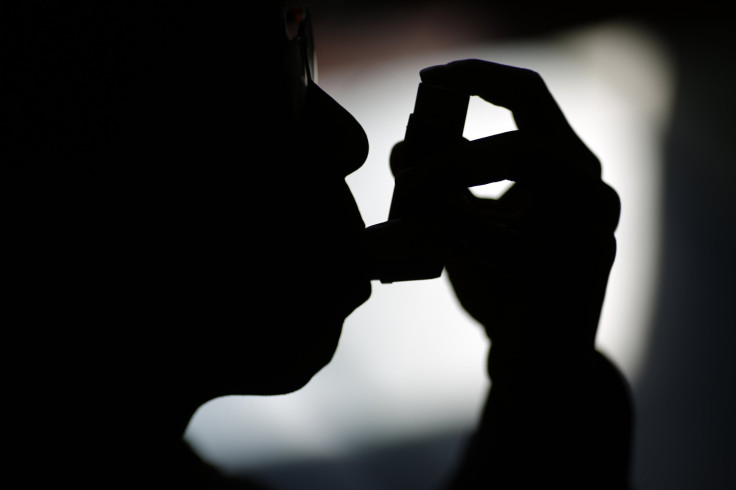World Asthma Day 2015: 4 Key Facts About Asthma, Causes, Triggers, Treatments

Tuesday is World Asthma Day, an event that is becoming increasingly relevant, as the number and percentage of people suffering from the disease continue to rise. By 2025, there will be 100 million more cases in the world will then there are today. In honor of World Asthma Day, here are four key facts about the disease.
What Is Asthma?
Asthma is a chronic disease that, under the wrong conditions, can kill. For those who have it, asthma causes wheezing and other breathing problems that can be mild or quite serious. Asthma attacks, which occur when the disease flares up and make it especially difficult to breathe, can be particularly dangerous.
How Many People Have It?
According to the U.S. Centers for Disease Control and Prevention, one in 12 people in the United States, or about 25 million people, had asthma in 2009. That’s up from about 20 million, or one in 14, in 2001. The American Academy of Allergy, Asthma and Immunology says that the disease killed 185 children and 3,262 adults in the U.S. in 2007.
More women are hospitalized each year due to asthma than men, and asthma is more prevalent among nonwhites than among whites, according to the academy. Globally, about 250,000 each year die early from asthma, out of the 300 million affected by the disease.
What Causes Asthma?
Researchers believe that asthma is caused by both nature and nurture -- meaning it may be inherited but can also be attributed to environmental factors, including infections, exercise and certain foods. Asthma sufferers experience difficulty breathing when their air passages narrow and are sometimes blocked by mucus. Other factors can worsen it, such as pollen or dust, smoke or certain drugs, according to the Global Initiative for Asthma.
Is There A Cure?
Asthma can be controlled by medications, some of which contain steroids. Inhalers, for instance, help control inflammation that makes it difficult to breathe. Others may take oral drugs, and particularly vulnerable people, such as young children or the elderly, may use nebulizers -- machines that spray medicine in a mist that can be inhaled.
© Copyright IBTimes 2025. All rights reserved.






















